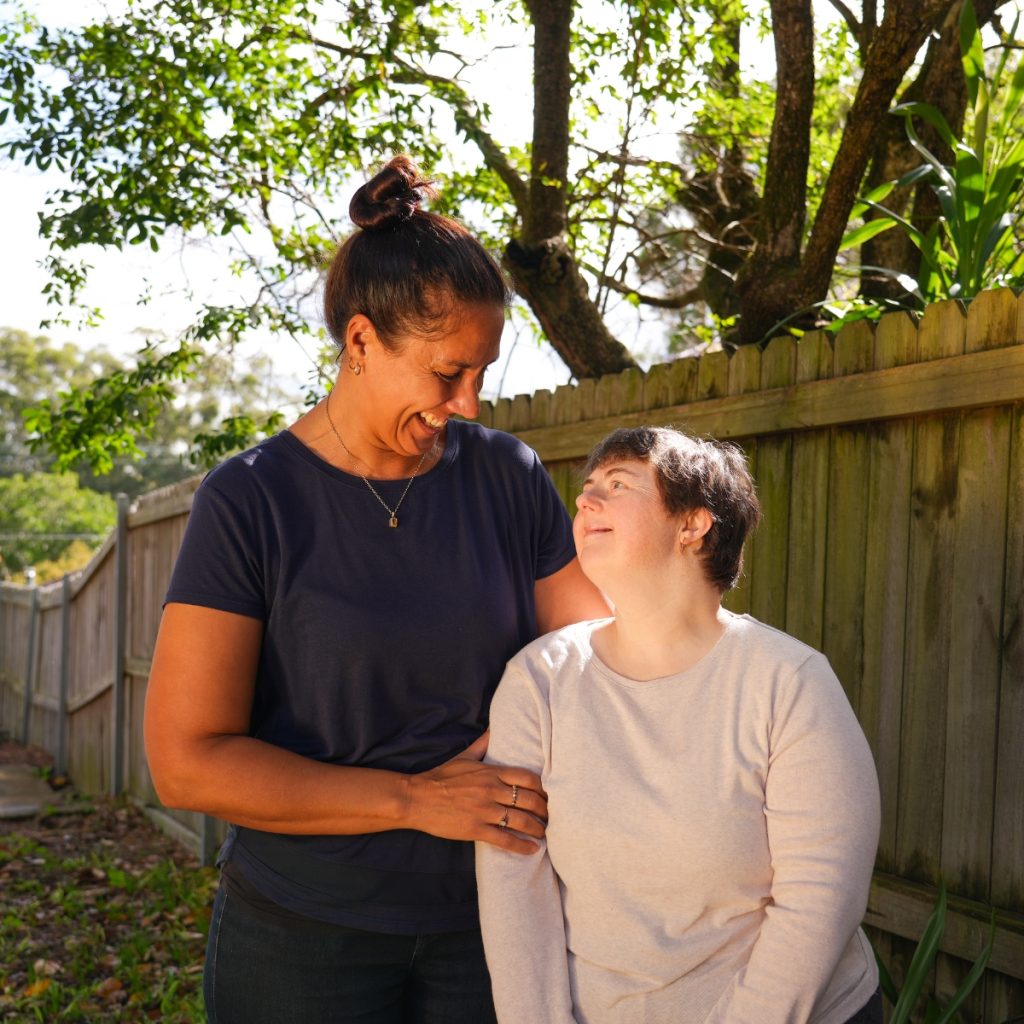Sensory disabilities, or sensory impairments, refer to conditions that affect one or more of the body’s senses, such as sight, hearing, touch, taste, or smell. These disabilities range from mild impairments to complete loss of sensory function, significantly influencing how individuals interact with the world.
Understanding sensory disabilities is key to fostering greater inclusivity and ensuring individuals with impairments can access the tools and support they need to thrive.
Types of Sensory Disabilities
Visual Impairments
Visual impairments range from low vision to complete blindness, affecting how individuals perceive their surroundings. Tools such as magnifiers, high-contrast displays, Braille, and mobility aids like guide dogs or white canes play a critical role in promoting independence.
Common causes include:
- Cataracts: A clouding of the eye’s lens that makes tasks like reading difficult.
- Macular Degeneration: Damage to the retina’s central part, often affecting activities like recognising faces or reading.
- Diabetic Retinopathy: Retinal blood vessel damage linked to long-term diabetes, causing blurred or fluctuating vision.
Hearing Impairments
Hearing impairments range from mild hearing loss to profound deafness, impacting communication and social interactions. Adaptive solutions include hearing aids, cochlear implants, or sign language.
Common causes include:
- Congenital Factors: Genetic hearing loss present at birth.
- Infections: Conditions like meningitis or rubella.
- Noise-Induced Hearing Loss: Prolonged exposure to loud environments.
- Age-Related Hearing Loss: Gradual hearing reduction as part of the ageing process.
Other Sensory Impairments
While less common, other sensory impairments also affect daily life:
- Olfactory Impairments: Loss of smell can impact safety (e.g., detecting gas leaks) and food enjoyment, often due to neurological conditions or head injuries.
- Gustatory Impairments: Loss of taste, sometimes linked to medication or illness, affecting appetite and nutrition.
- Tactile Impairments: Reduced touch sensitivity can result from nerve damage, diabetes, or congenital disorders, impacting safety and daily tasks like cooking.
Although not always visible, these impairments can significantly affect independence, safety, and quality of life.
How Sensory Disabilities Impact Daily Life
Sensory impairments influence various aspects of daily life, often requiring individuals to adapt how they interact with their environments:
- Mobility: Visual impairments may necessitate tools like guide dogs, white canes, or GPS apps for safe navigation.
- Communication: Hearing impairments might require captions, sign language, or video relay services to facilitate conversations.
- Safety: Tactile impairments call for adaptive devices like temperature-sensitive cooking tools to prevent injuries.
For example, some people who have low vision will use a screen reader for computer tasks and a smartphone app to identify currency when shopping. These tools help those with sensory disabilities to maintain independence and confidence in daily life.
Emotional and Social Implications
Sensory disabilities can bring emotional challenges, such as frustration, anxiety, or feelings of isolation. Misunderstandings, like assuming hearing aids restore full hearing, can hinder interactions and exacerbate these feelings.
Promoting empathy and understanding is essential. Simple actions—like offering assistance or speaking clearly—help individuals with sensory disabilities feel valued and included.
Common Misconceptions About Sensory Disabilities
Myths vs. Reality
Myth: All blind people see complete darkness.
Reality: Many have partial vision, such as perceiving light or shapes.
Myth: All deaf individuals cannot speak.
Reality: Many people with hearing impairments can and do speak, depending on their experiences.
Dispelling myths fosters a more accurate understanding of sensory disabilities and their diversity.
Importance of Empathy and Awareness
Awareness programs in workplaces, schools, and public spaces play a crucial role in dispelling misconceptions. By fostering a culture of respect and inclusion, we can create environments where everyone feels understood and valued.
Adaptive Tools and Support Systems
Assistive Technologies
Adaptive tools empower individuals to overcome sensory challenges:
- Screen Readers: Convert text to speech or Braille for people with visual impairments.
- Cochlear Implants: Provide auditory input for individuals with profound hearing loss.
- Braille Displays: Enable access to written content for those with blindness.
Community and Government Support
Programs like Australia’s National Disability Insurance Scheme (NDIS) fund assistive technologies, therapies, and home modifications. Community organisations offer advocacy, peer support, and practical guidance for individuals and families.
Educational and Work Environment Adjustments
Inclusive spaces can include:
- Sign language interpreters and captions for classrooms and meetings.
- Accessible materials, such as Braille textbooks or audio resources.
- Tactile and visual safety alerts in work environments.
How Society Can Be More Inclusive and Supportive
- Promoting Accessibility and Inclusion: Accessibility improvements, like ramps, tactile paving, and Braille signage, make public spaces more navigable for individuals with sensory impairments.
- Encouraging Empathy and Awareness: Community education and advocacy programs help combat stigma and encourage understanding.
How to Support Individuals with Sensory Disabilities
Practical ways to help include:
- Asking, rather than assuming, what support someone needs.
- Using respectful, person-first language.
- Advocating for accessible policies in workplaces, schools, and public spaces.
Building a More Inclusive Society Together
Understanding sensory disabilities is a vital step toward creating a more inclusive and supportive community. These disabilities can present unique challenges, but with the right tools, empathy, and accessible environments, individuals with sensory impairments can lead fulfilling, independent lives.
By promoting awareness, advocating for accessibility, and fostering empathy, we can ensure that everyone feels valued and empowered. Whether it’s through adaptive technologies, inclusive policies, or simply asking how to help, small actions can have a big impact.
If you or someone you know needs assistance with adaptive tools or accessing support services, our Support Coordination team here at Unisson Disability can connect you with trusted professionals and programs. Contact us today to learn more about how we can help. Together, we can build a society that celebrates and supports everyone’s abilities.






